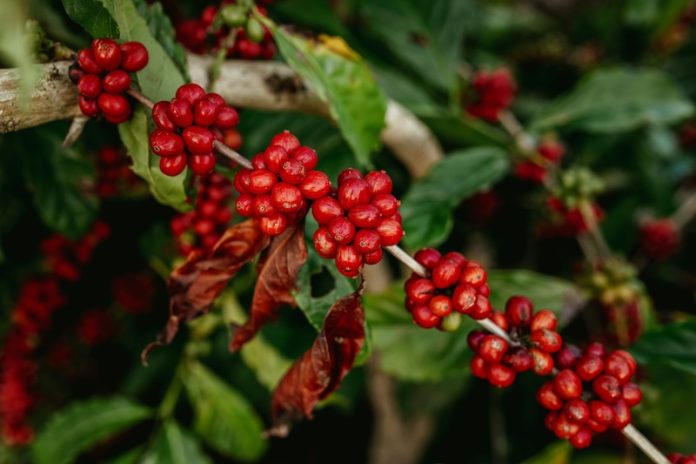
Researchers from Université de Montréal have uncovered a remarkable potential in the Brazilian camu-camu berry, a fruit already known for its health benefits.
This small berry, packed with nutrients, has been recognized for its ability to protect against obesity and diabetes.
Now, scientists have discovered it may also play a role in treating cancer.
The key lies in a compound found in the berry called castalagin. This natural substance belongs to a group of plant chemicals called polyphenols, which are known for their antioxidant and anti-inflammatory properties.
What makes castalagin unique is its ability to act as a prebiotic, meaning it can support the growth of healthy bacteria in the gut. According to the study, castalagin improves the body’s response to immunotherapy, even for cancers that are typically resistant to this type of treatment.
Immunotherapy has transformed cancer treatment in recent years, offering new hope to patients with tough-to-treat cancers like melanoma and lung cancer. This therapy works by activating the immune system to attack and destroy cancer cells.
A specific type of immunotherapy, known as immune checkpoint inhibitors (ICI), has shown impressive results in some patients, providing long-lasting responses that resemble a cure.
However, only a small percentage of people benefit from ICIs, leaving researchers searching for ways to make these treatments work for more patients.
One of the challenges with immunotherapy is the role of the gut microbiome, the community of bacteria and other microorganisms living in the digestive system. A healthy microbiome can strengthen the immune system, while an unhealthy one may limit the effectiveness of cancer treatments.
This is where castalagin comes into play. By modifying the gut microbiome, it helps create a healthier environment that boosts the immune system’s ability to fight cancer.
In the study, researchers tested castalagin on mice and found it triggered an anti-cancer response when taken orally.
These findings suggest that castalagin could be used alongside immune checkpoint inhibitors to enhance their effectiveness. Based on these promising results, the next step is to test this approach in humans.
Clinical trials are set to begin soon, with 45 patients who have lung cancer or melanoma participating in the first study. The goal is to see if castalagin can improve outcomes for people undergoing immunotherapy.
If successful, this discovery could pave the way for new treatments that combine natural compounds like castalagin with existing cancer therapies.
Camu-camu berries are native to the Amazon rainforest and have been traditionally used for their health benefits, thanks to their high levels of vitamin C and other antioxidants. This latest discovery adds to the growing evidence of the fruit’s potential to support overall health and fight diseases.
While it is too early to say how widely castalagin will be used, its ability to influence the gut microbiome and improve cancer treatment marks an exciting development in medical research.
This study offers hope for cancer patients who may not respond well to current treatments and highlights the importance of exploring natural compounds for medical advances.
By combining the power of nature with cutting-edge science, researchers are opening new doors to better, more effective cancer care. The findings are published in Cancer Discovery and represent a step forward in the fight against this challenging disease.
If you care about nutrition, please read studies about the best time to take vitamins to prevent heart disease, and vitamin D supplements strongly reduce cancer death.
For more health information, please see recent studies about plant nutrient that could help reduce high blood pressure, and these antioxidants could help reduce dementia risk.
Copyright © 2024 Knowridge Science Report. All rights reserved.



